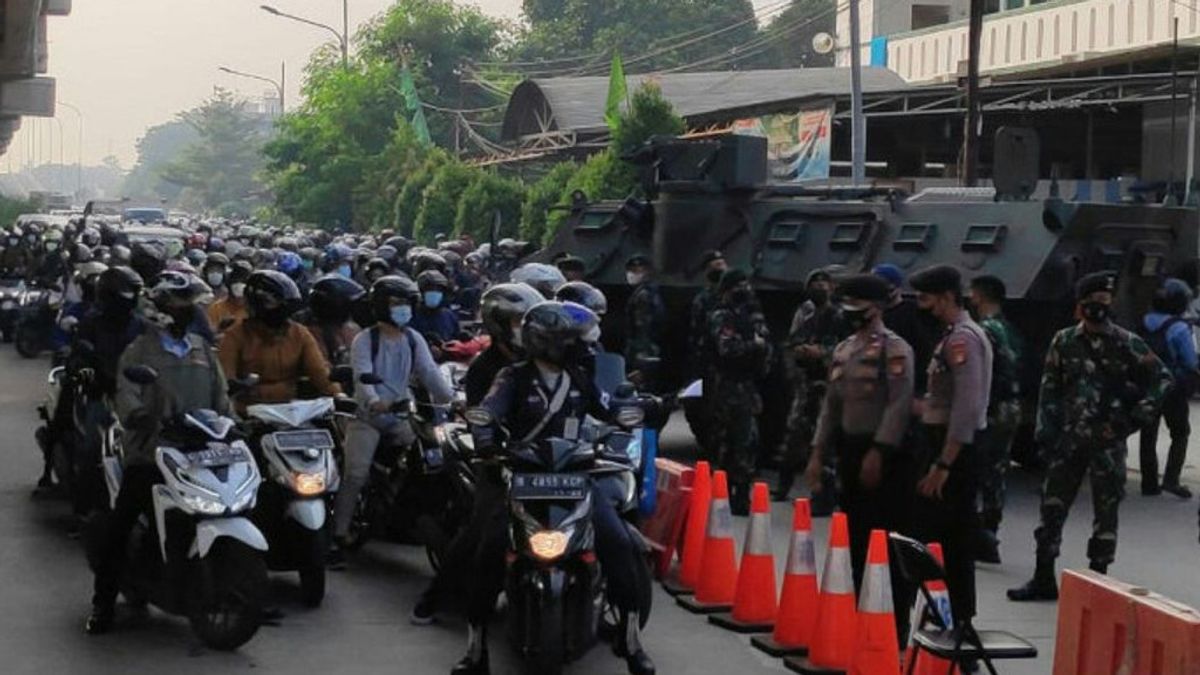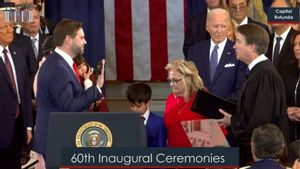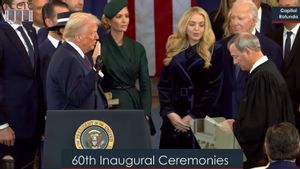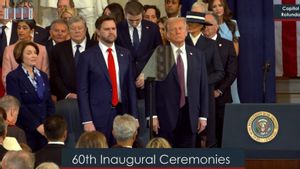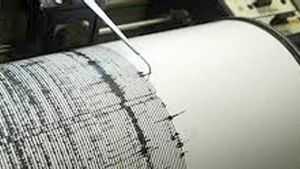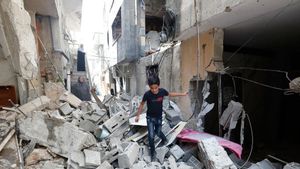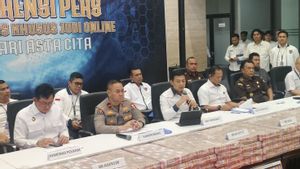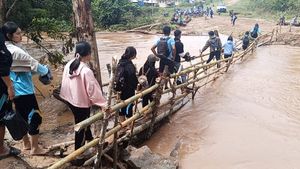JAKARTA - Today, Tuesday, July 20 is the last day of the Java-Bali Emergency PPKM implementation after two weeks of running. The government said it was evaluating the policy, and would announce the decision after 2-3 days after the press conference, Saturday, July 17. The chairman of the PAN faction of the DPR RI, Saleh Partaonan Daulay, reminded the government that evaluations should be carried out objectively to determine the success rate of Emergency PPKM.
"Until now, we are still waiting for the results of the evaluation carried out by the government. The continuation of course must be based on the results of the evaluation," said Saleh, Tuesday, July 20.
Until now, in the community there have emerged two views. There are those who think that it does not need to be extended because it is not effective and greatly disrupts the economic life of the community. Moreover, Saleh said, not all of the social assistance expected by the community was accepted. Even if someone receives it, the value is not enough to meet the basic needs of the affected community.
Some other people considered that the Emergency PPKM was successful. The reason is, if there is no Emergency PPKM, it is possible that more people will be exposed. Therefore, this limitation needs to be continued with a sufficient and adequate social security record.
"Which one does the government want to follow? It's not clear yet. In fact, this is the last day of implementing the Emergency PPKM. Everyone is still waiting," said the member of Commission IX of the DPR.
Saleh assessed, amid the increasing escalation of people exposed, it is certainly not easy for the government to take policies. Continued or not, he said, both have consequences. Moreover, the government always tries to take policies that can moderate the interests of maintaining health and economic recovery.
"It seems that the government wants to reduce the spread of COVID-19. But on the other hand, the government doesn't want the wheels of the economy to be disrupted. As a result, the policies taken are always half-assed. The result is, yes, halfway. The COVID-19 is still there, yes the economy It's not stable either," he said.
Saleh also hopes that the government can go further by thinking of a policy agenda that can solve the real root of the problem. Namely, the spread of the SARS-CoV-2 virus, especially the new variants. Whatever policy is taken, he added, the reduction and breaking the chain of spread of COVID-19 must be the most important.
"If people are healthy, people can work normally. If they can work normally, the economy will grow again. In my view, it's as simple as that," said Saleh.
The English, Chinese, Japanese, Arabic, and French versions are automatically generated by the AI. So there may still be inaccuracies in translating, please always see Indonesian as our main language. (system supported by DigitalSiber.id)
